Scientists at the University of Bremen's MARUM - Center for Marine Environmental Sciences have made a groundbreaking discovery in the deep ocean, uncovering thriving microbial life in one of Earth's harshest environments. According to a recent study, researchers found microorganisms thriving in an area with a pH of 12, where survival seems nearly impossible. The team, led by first author Palash Kumawat from the University of Bremen's Geosciences Department, used lipid biomarkers instead of DNA to reveal how these microbes persist by metabolizing methane and sulfate.
The discovery was made in a newly discovered mud volcano in a gravity core, where blue serpentinite mud was found to be teeming with microbial life. "This is a major breakthrough in our understanding of deep-sea carbon cycling and the limits of life on Earth," said Dr. Kumawat. "We were amazed to find microorganisms thriving in conditions that were thought to be too extreme for survival."
The team's findings suggest that life may have originated in similar extreme conditions, offering a glimpse into both Earth's past and the limits of life itself. "This discovery has significant implications for our understanding of the origins of life on Earth and the possibility of life existing elsewhere in the universe," said Dr. Kumawat.
The area where the discovery was made is characterized by extreme conditions, including high temperatures, high pressures, and a pH of 12. The team's use of lipid biomarkers instead of DNA allowed them to detect the presence of microorganisms in the samples. "Lipid biomarkers are a more reliable method for detecting microorganisms in extreme environments," said Dr. Kumawat. "DNA can be degraded in these conditions, making it difficult to detect life."
The discovery was made possible through a collaboration between the University of Bremen and other research institutions. The team's findings were published in a recent study, which provides new insights into the survival strategies of microorganisms in extreme environments.
The implications of this discovery are significant, and further research is needed to fully understand the extent of microbial life in extreme environments. "This discovery opens up new avenues for research into the origins of life on Earth and the possibility of life existing elsewhere in the universe," said Dr. Kumawat.
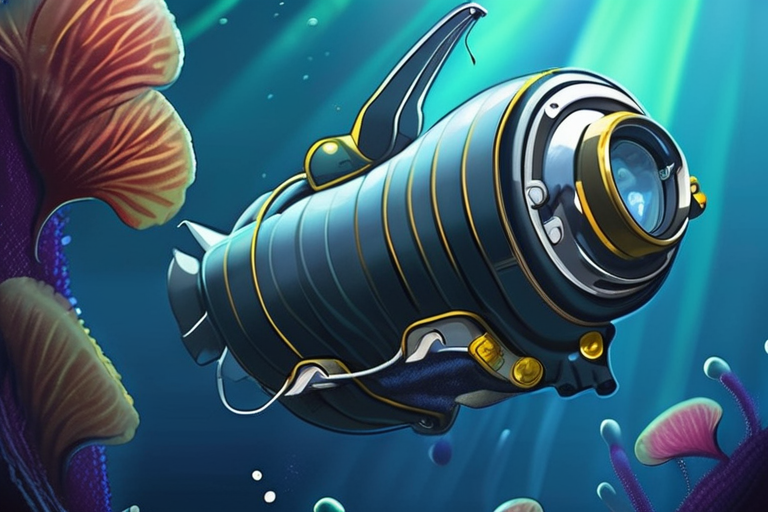




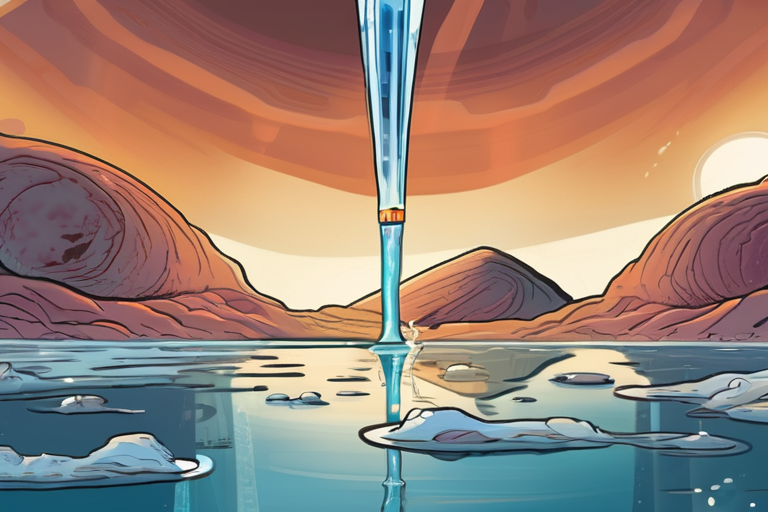

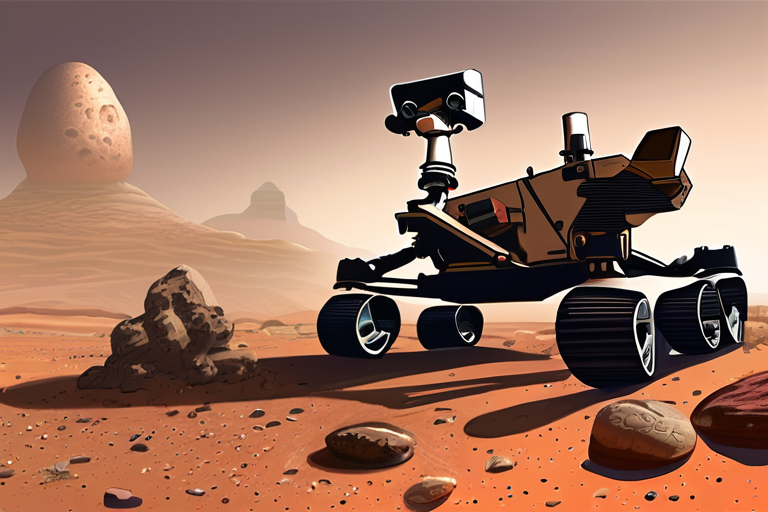
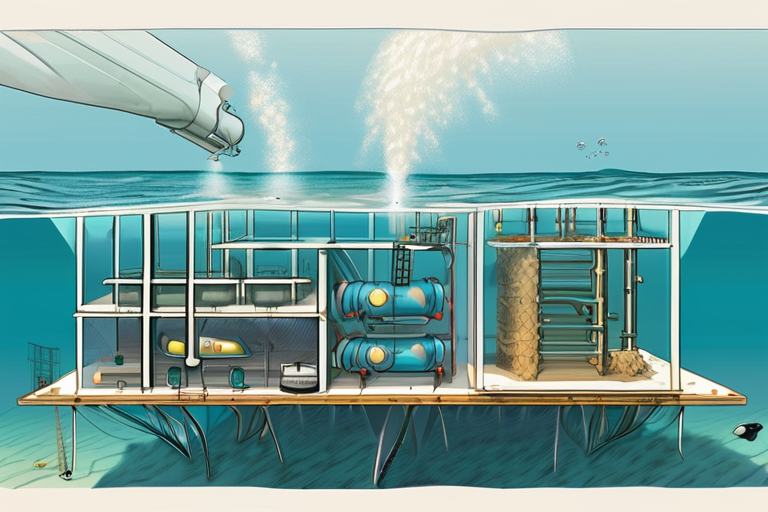

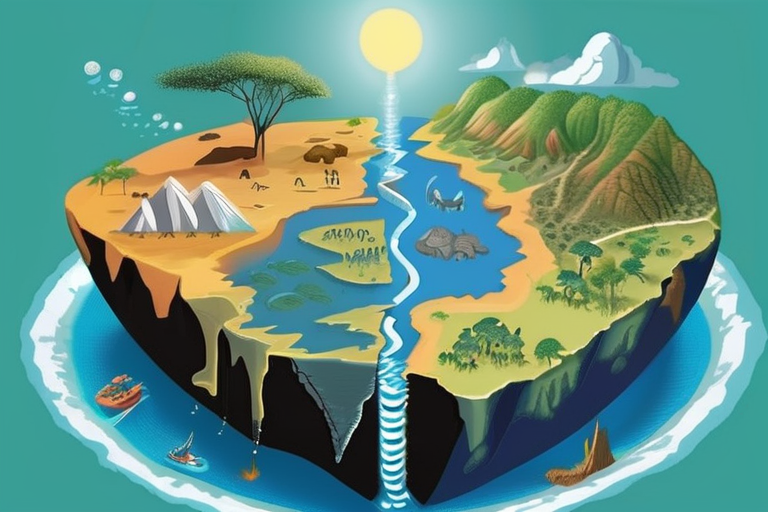
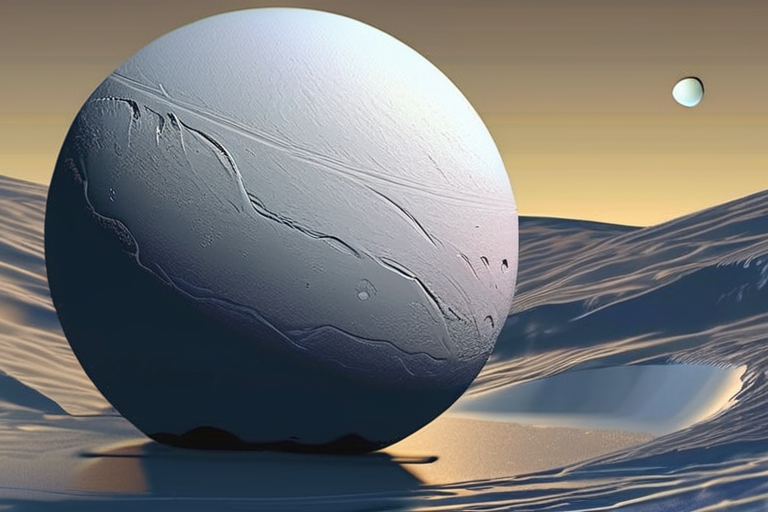


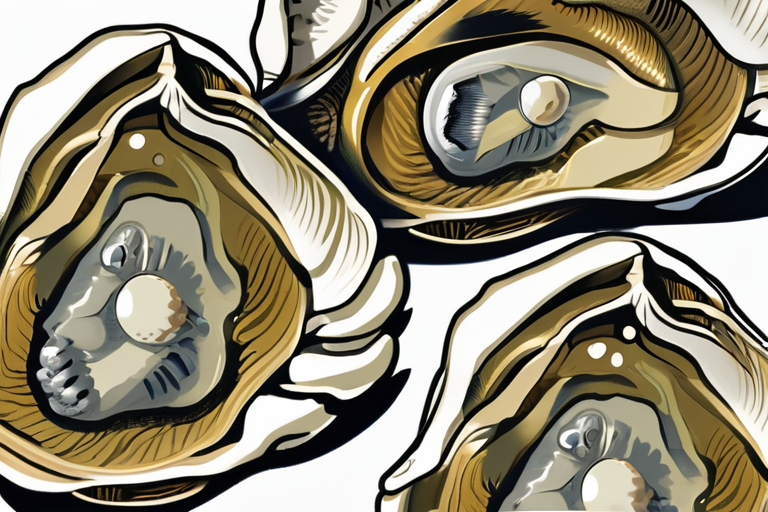

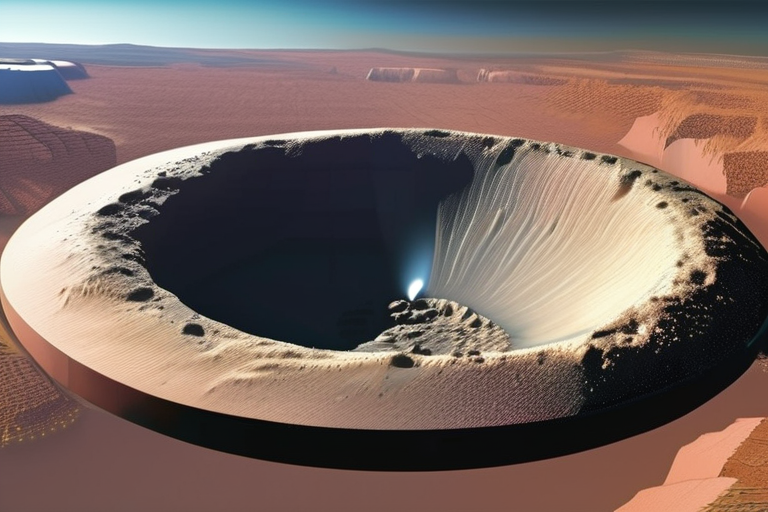
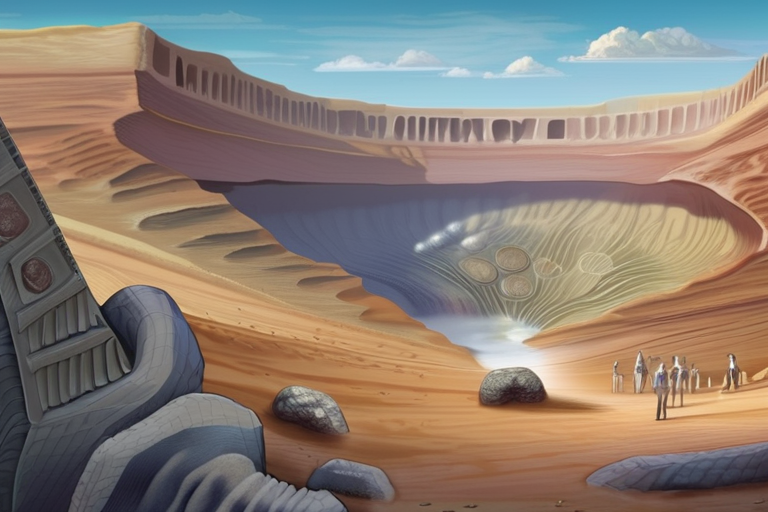
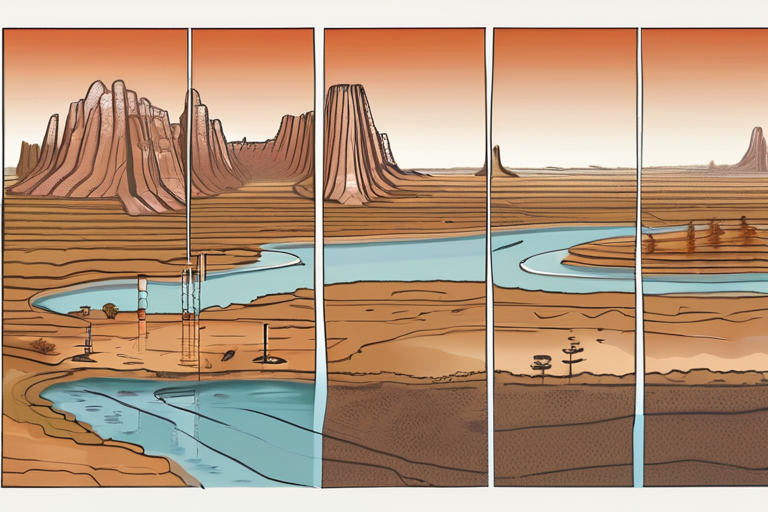
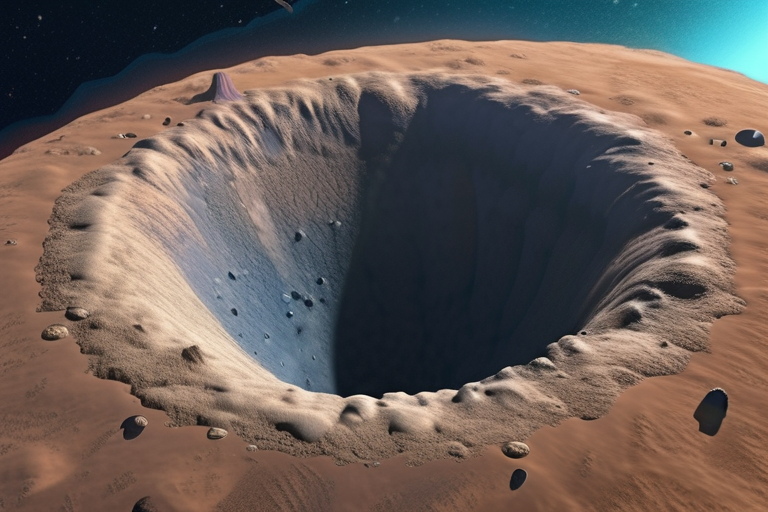
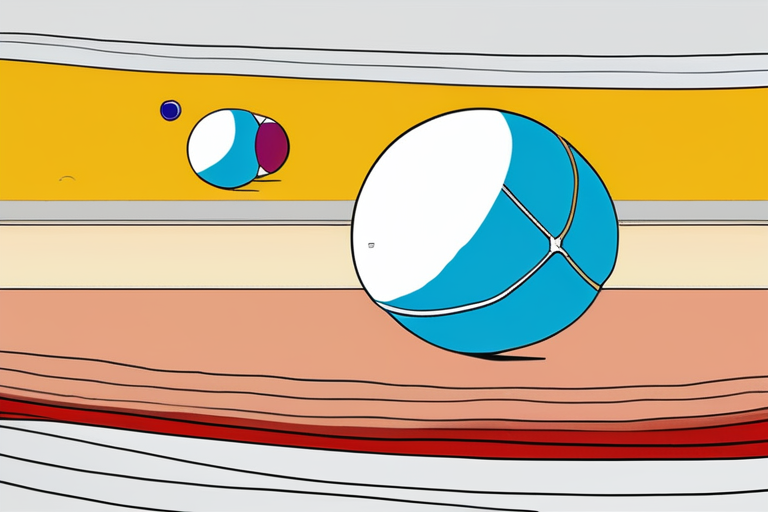
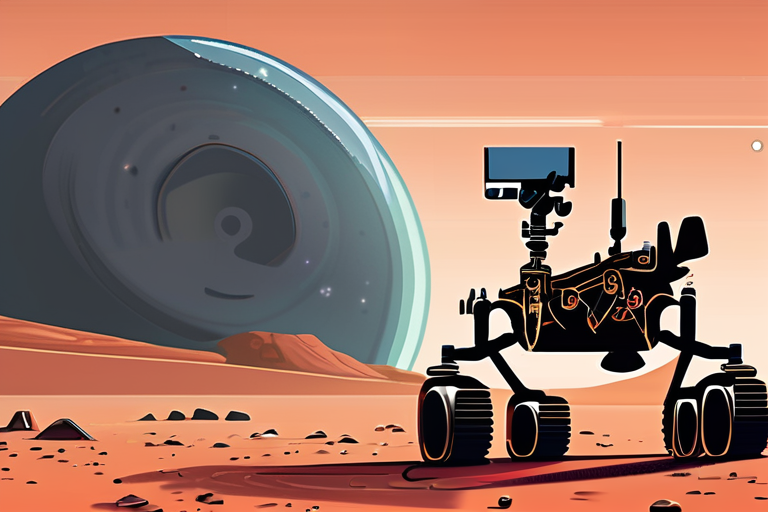
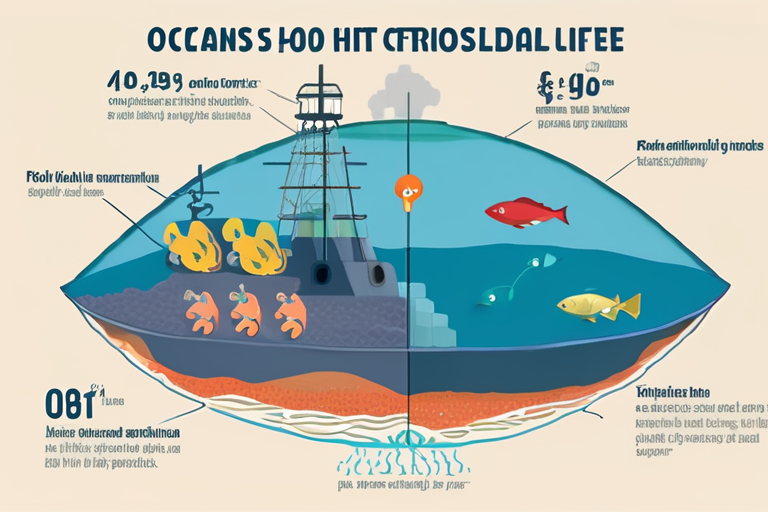
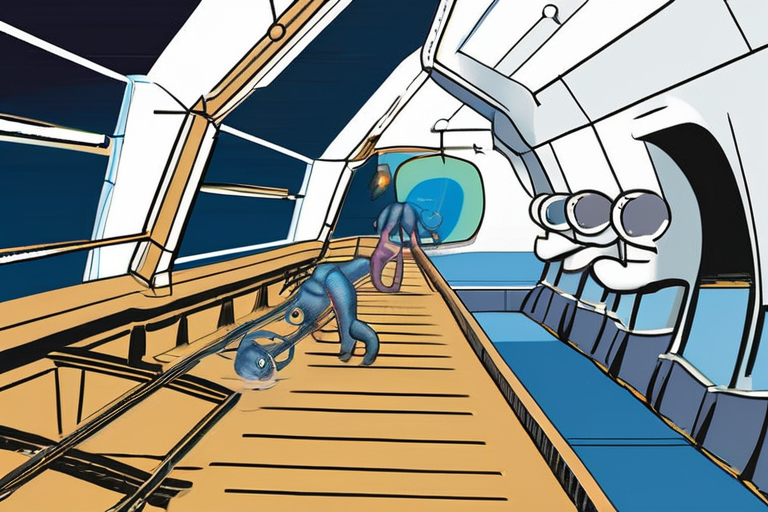

Share & Engage Share
Share this article